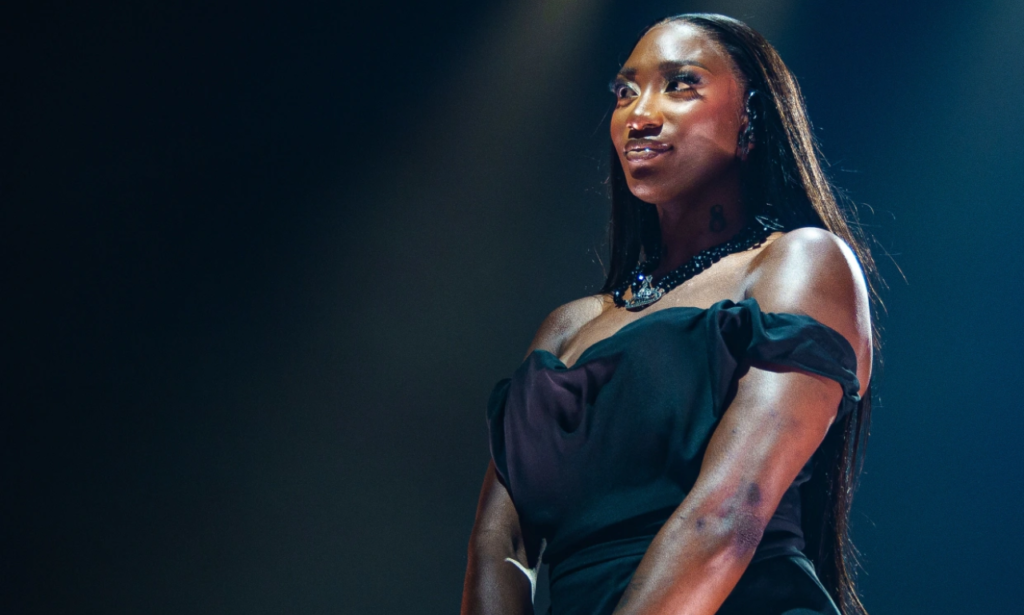French President Emmanuel Macron has backed Aya Nakamura, a popular French-Malian pop singer, to perform at the Olympics. He believes she belongs on stage at the opening or closing ceremonies.
However, after rumors surfaced that Nakamura might sing an Édith Piaf song at the Olympics, far-right politicians like Marine Le Pen and Gérard Larcher criticized her music. This led to a backlash against Nakamura, with a small extremist group called the Natives hanging a banner by the River Seine opposing her involvement in the Olympics.

France’s culture minister, Rachida Dati, condemned the racist attacks, prompting an investigation by Paris prosecutors. Nakamura, who grew up in Paris with Malian heritage, responded to the backlash on social media, addressing racism and her role in debates.

The potential for Nakamura to perform at the Olympics has stirred controversy, exposing deep divisions in France regarding racism and class prejudice. Despite the support from French sports minister Amélie Oudéa-Castéra, Nakamura faced criticism from far-right politicians and pundits questioning her Frenchness due to her use of slang.
Organizations like SOS Racism and the International League against Racism and Antisemitism (LICRA) have filed complaints about racist attacks and cyberbullying against Nakamura.
Nakamura, known for hits like “Djadja” and “Copines,” has not confirmed her participation in the Olympics, but the discussion around it has ignited debates about racism, cultural identity, and representation in France.